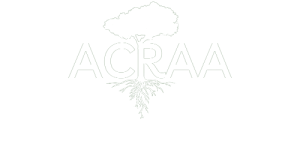Santarém Plateau Sustainability Project
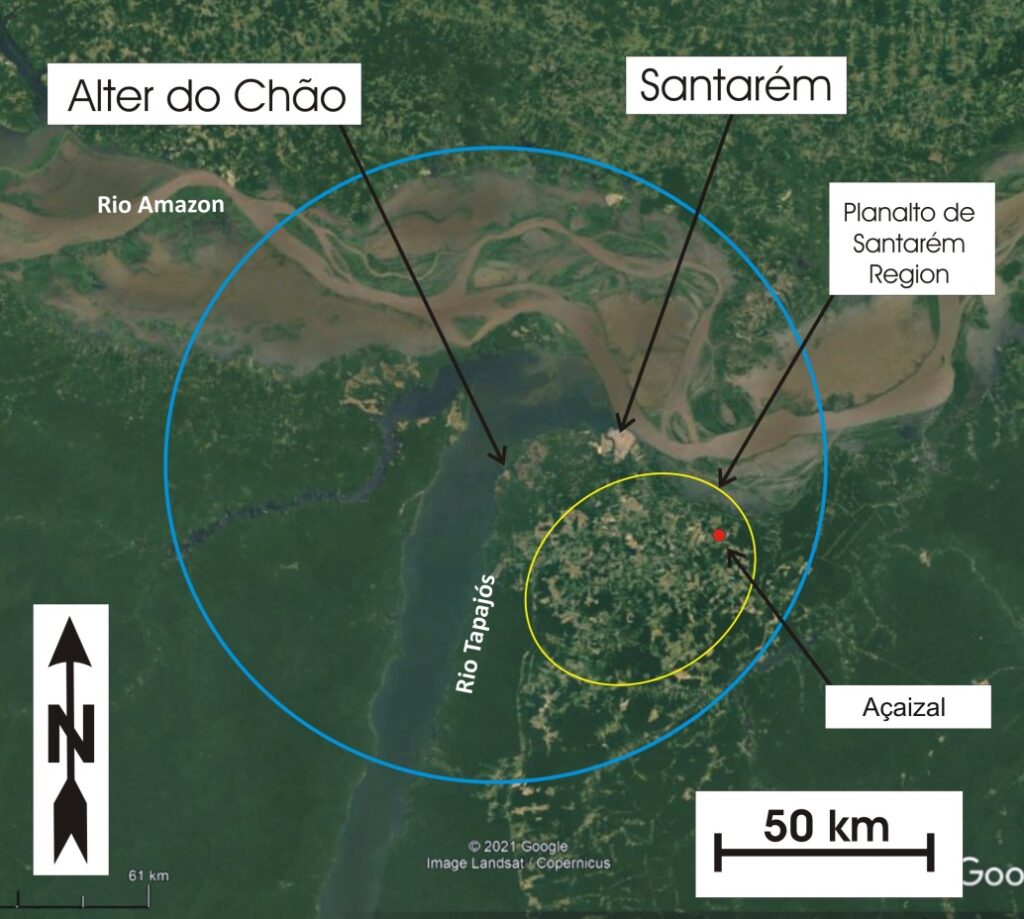
In early 2023, ACRAA initiated a meaningful partnership with the Munduruku indigenous communities of the Planalto de Santarém region, located south of Santarém city. Our collaborative work began with environmental education initiatives and agroforestry support, responding directly to the communities’ expressed needs during our initial consultations.
2023-2025: Building Foundations Through Education and Action
Our first year of engagement (2023), conducted in coordination with FUNAI [1], focused on:
- Donating agroforestry seedlings to multiple communities
- Conducting environmental workshops at scattered rural schools
- Establishing trust through culturally sensitive dialogue
We maintained this support in 2024 through continued seedling donations. By early 2025, we deepened our commitment by helping the Açaizal community [2] establish a permanent nursery infrastructure:
- Constructed a seedling-production facility
- Installed specialized sand seed-germination beds
- Completed the project during intensive workdays on January 14 & 19, 2025
Future Vision: Integrated Landscape Restoration
Our long-term goals with the Munduruku include:
Developing sustainable agroforestry systems
Restoring critical igarapés (forest creeks) and surrounding lands
Gradually increasing forest and agroforestry coverage
Supporting traditional land management practices
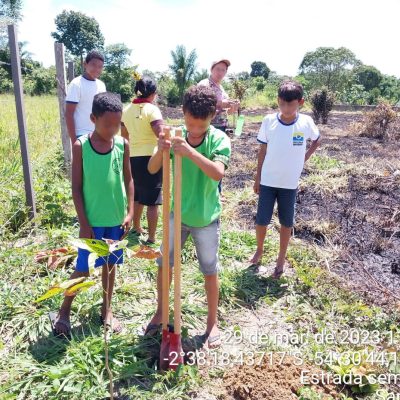
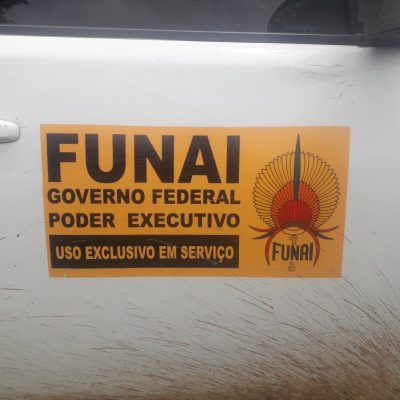
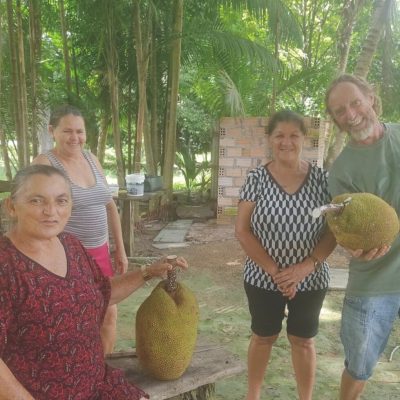
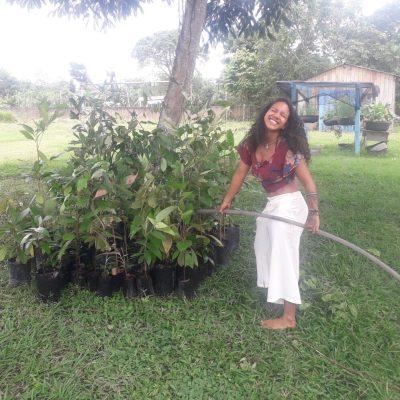
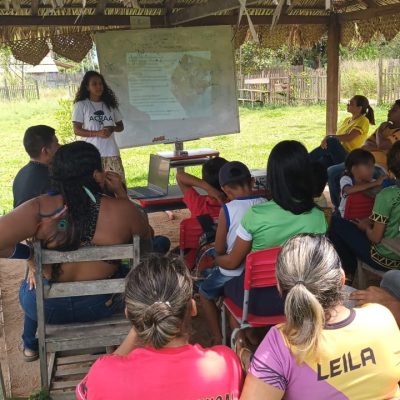
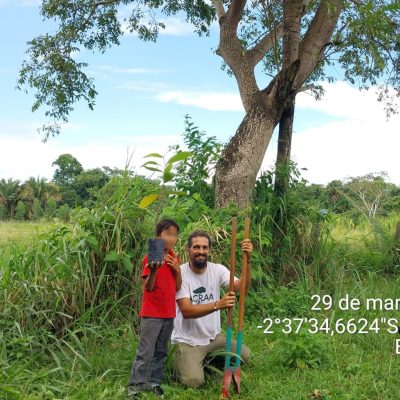


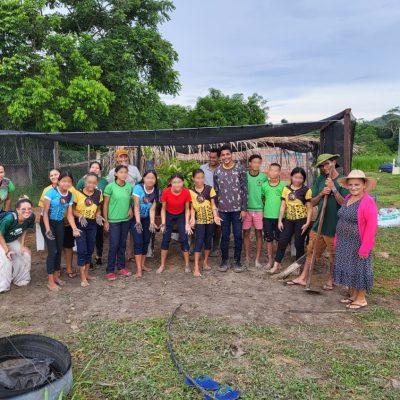
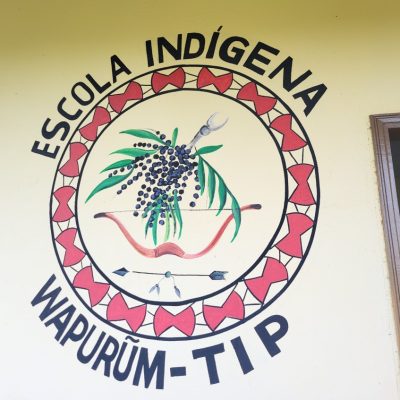
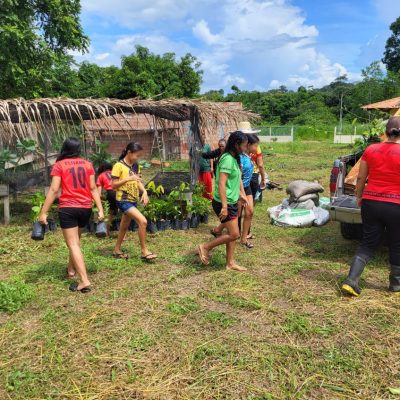
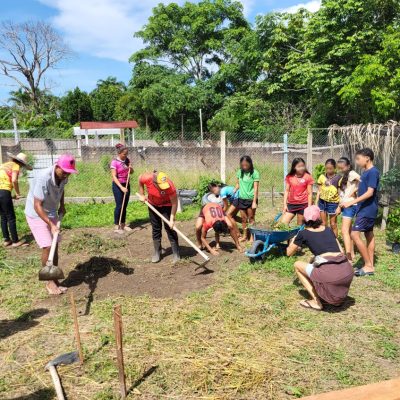
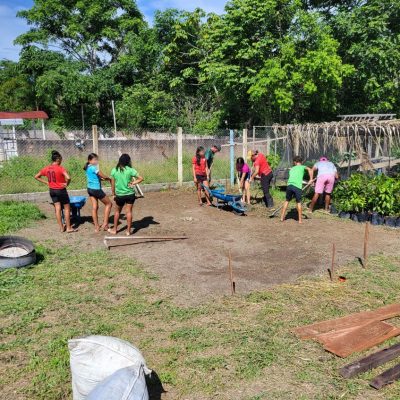
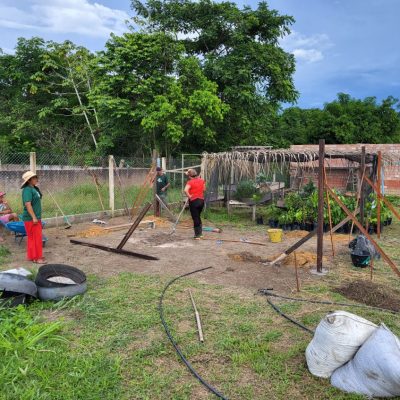
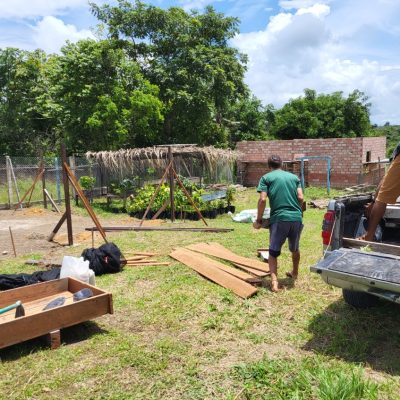

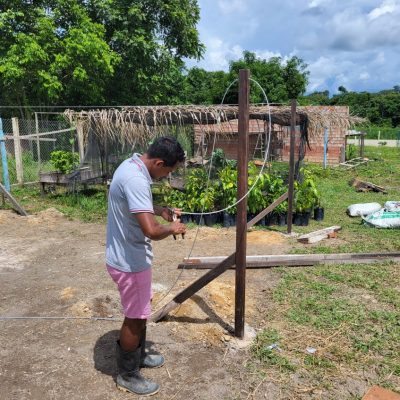
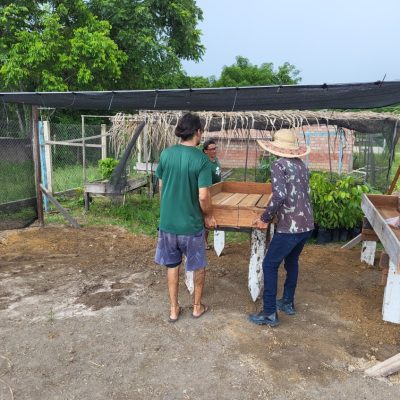
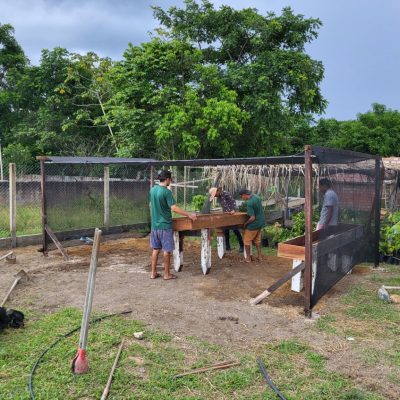
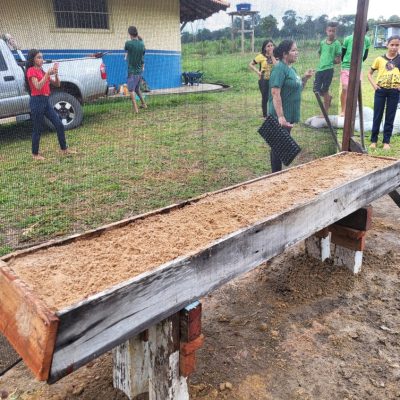
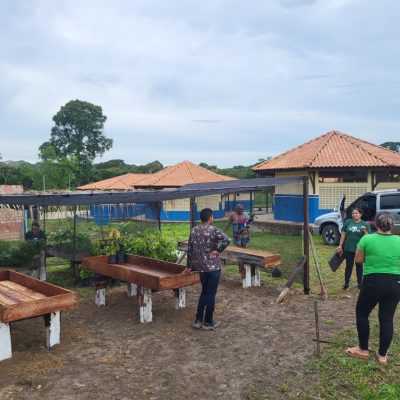
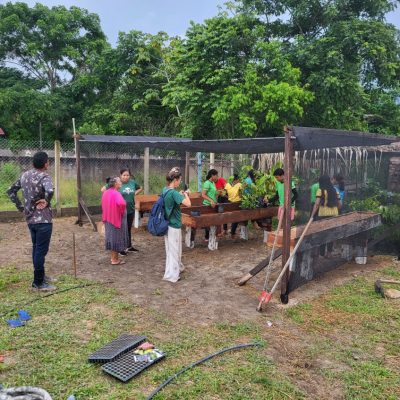
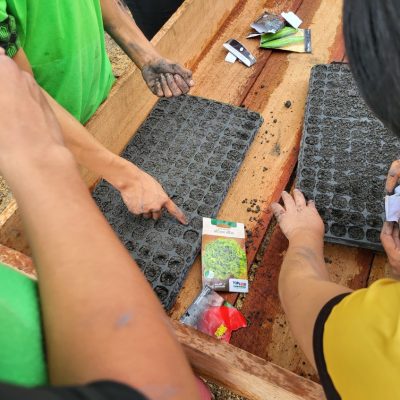
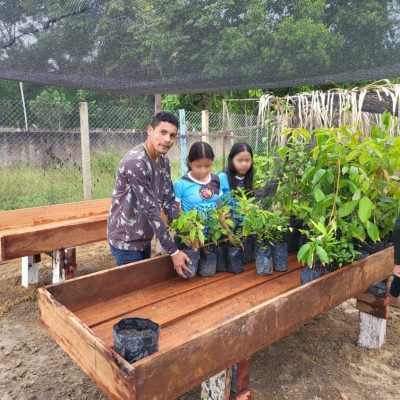
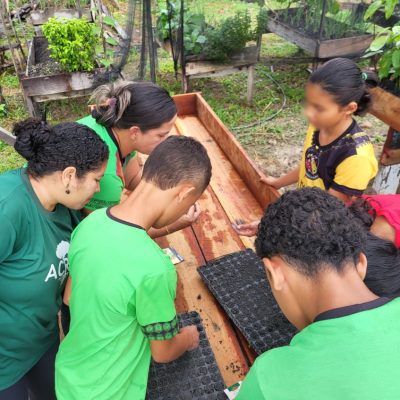


The Urgent Challenges of Planalto de Santarém
The region faces complex environmental and social pressures:
Rapid deforestation: Once heavily forested, now dominated by industrial soy farms
Encroachment issues: Agricultural operations often reach community boundaries
Inadequate protections: Stream and river buffers frequently ignored
Unresolved land rights: Indigenous territorial claims remain in limbo
These factors combine to create severe challenges for Munduruku communities:
- Limited land base for economic security
- Threatened water quality and access
- Erosion of traditional livelihoods
ACRAA’s Stance on Indigenous Rights
We firmly believe:
- Indigenous peoples hold ancestral territorial rights
- Clean air and water are fundamental human rights
- The Brazilian government’s demarcation process must:
Accelerate resolution of land claims
Prioritize indigenous perspectives on justice
Provide meaningful protections
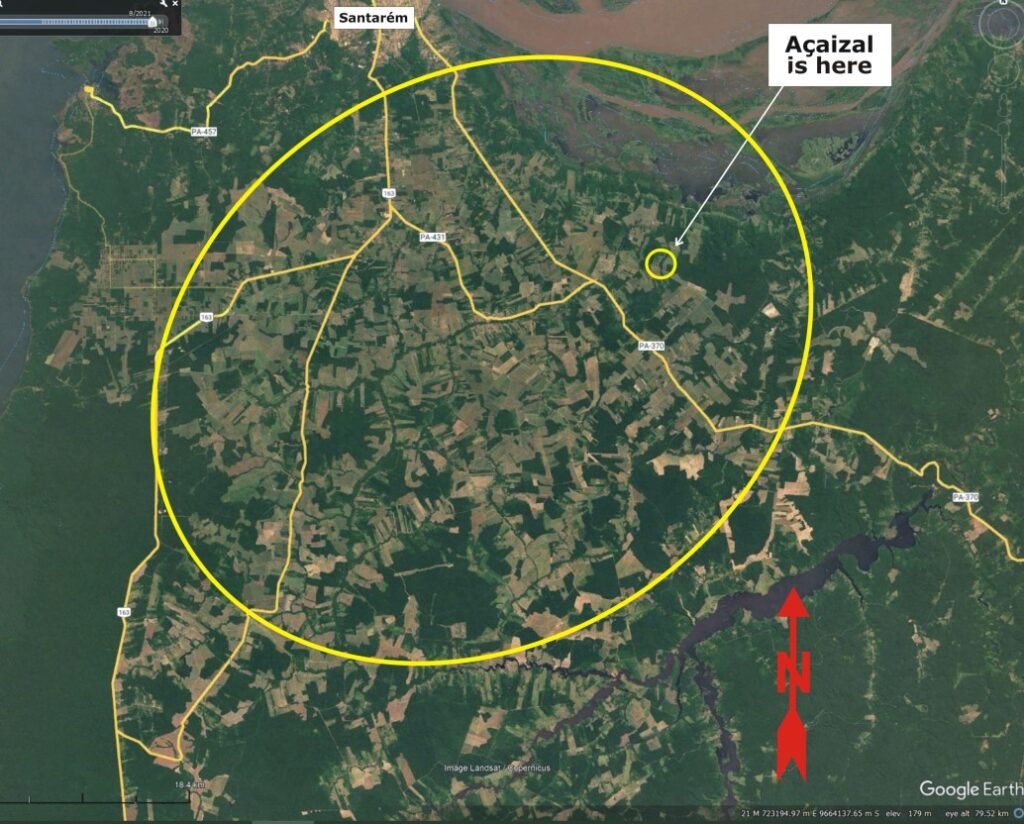
Pathways to Solutions
The current context offers potential for progress:
Growing international scrutiny of Brazilian soy supply chains
Industry’s public commitments to sustainability [3]
Opportunities for dialogue between stakeholders
We remain hopeful that through persistent advocacy and partnership, solutions can be found that:
- Respect indigenous rights
- Support sustainable livelihoods
- Balance economic and environmental needs
This work represents just the beginning of ACRAA’s long-term commitment to standing with the Munduruku people in defense of their lands, waters, and future.
[1] FUNAI: National Foundation of Indigenous Peoples. Santarém office, R. Vinte e Quatro de Outubro, 1915-1711 – Aldeia, Santarém – PA, 68040-010, Brasil.
[2] Commuity of Açaizal – the coordinates of the school here are: -2.638594, -54.511559.
[3] See Agrosoja Brasil website: https://aprosojabrasil.com.br/en/about-us/
Rua Everaldo Martins, s/n., Bairro Carauari, Alter do Chão, Santarém-PA. CEP 68109-000
contact@acraabrazil.org
CNPJ: 50161.510/0001-19
